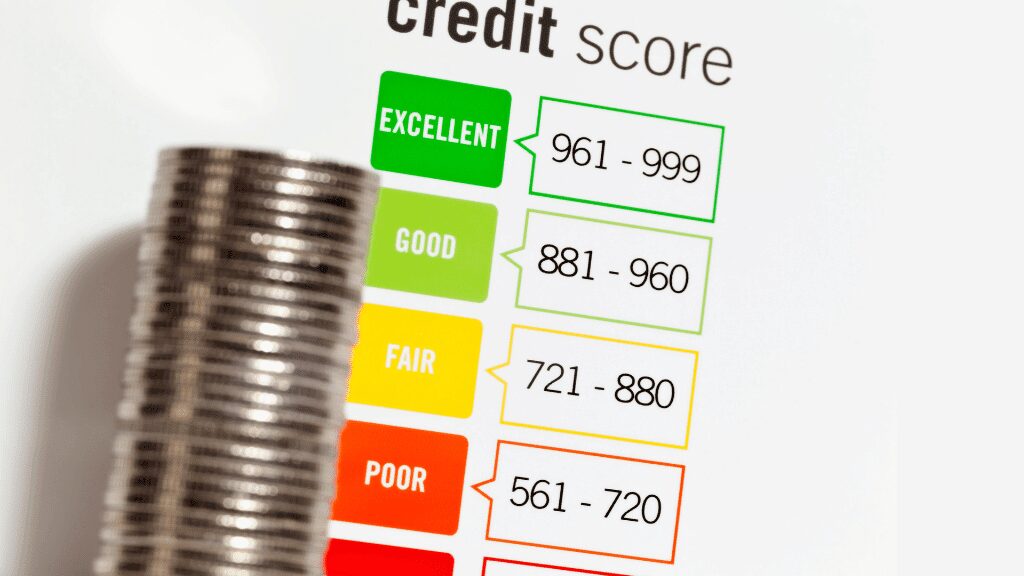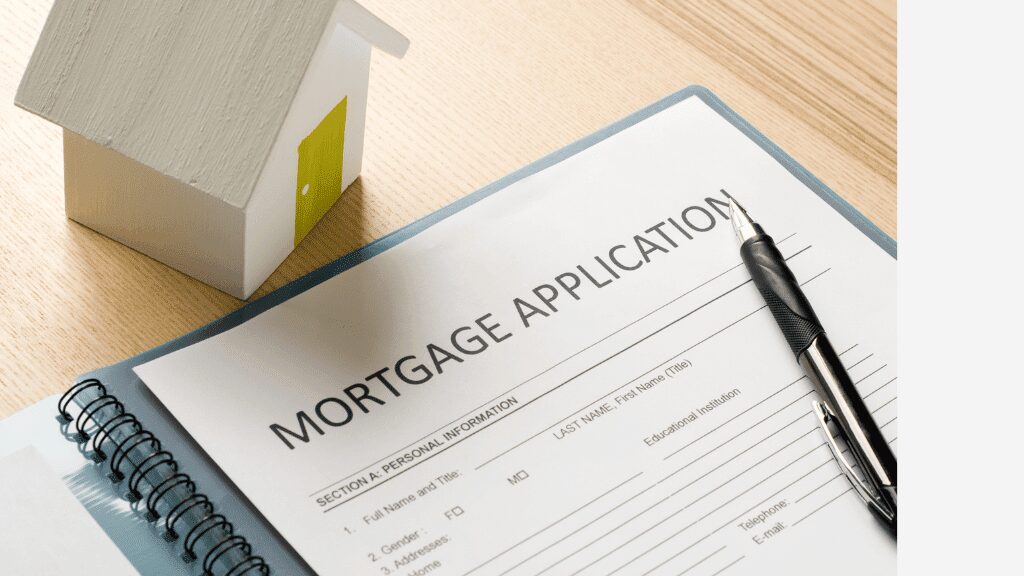Buying a home for the first time can be an exciting and intimidating experience. There’s a lot to consider, from figuring out how much you can afford to navigating the mortgage process and finding the right home for you. As a first-time homebuyer, it’s natural to have questions and concerns about the process. That’s why we’ve put together this guide to help you get answers to your most frequently asked questions. Whether you’re just starting to think about buying a home or you’re already in the process, this guide will provide you with the information you need to make informed decisions and feel confident in your choices. So let’s dive in and get answers to some of the most common first-time homebuyer questions.
What’s the most important thing I should do before I start looking for a house?

The most important thing you can do before you start looking for a house is get pre-approved for a mortgage. This means that your lender has reviewed your financial information and determined how much they are willing to lend you based on what they see. It also helps if you have saved up 20% of the purchase price of the home, but lenders don’t always require this.
Once you know how much money is available to buy a home, it’s time to look at homes within that price range so that when it comes time for negotiations with sellers, both parties know what’s the fair market value (and therefore not too far apart).
The best time of year depends on where in America–and even which part within each state–you want to buy property; some areas are more expensive during certain seasons due to tourism or other factors like weather patterns affecting demand/supply rates at any given moment in time during those months (or days).
How do I find my credit score and what does it mean?

Your credit score is a number between 300 and 850. It’s calculated by a credit reporting agency, like Experian or TransUnion, and it’s based on your credit report. The higher your score, the better your chances of being approved for loans at lower interest rates and getting better terms on existing loans.
Your lender may not tell you what specific score they use–but they can tell you if they use FICO scores (the most common type) or VantageScore 3.0, which are both versions of the same thing: an algorithm that measures how likely it is that someone will repay their debts on time based on information in their credit history (elements such as late payments).
What should I expect to pay in closing costs when buying a house?
Closing costs are fees that are charged by your lender and the title company. They include things like the origination fee, title insurance and any other fees related to the closing.
They can be paid by you or your seller.
How much can I expect to pay in taxes on a new home?
It depends on several factors. First, where do you live? The cost of living varies significantly across the country. Next, what kind of home did you buy? A condo could be cheaper than a single-family house in some markets, while an estate might be more expensive in others.
Finally, how much do you earn? Your income should determine how much mortgage debt you can afford and therefore how large a mortgage loan amount you qualify for with any given lender (more on this later).
If this is your first time buying in general or if it’s been quite some time since purchasing another home before now (such as five years), there are several other considerations that could affect taxes:
What type of mortgage is best for me?

The most common type of mortgage is a fixed-rate mortgage, which has a set interest rate for the life of the loan. This means that if you borrow $200,000 and your interest rate is 5%, then your monthly payment will stay at $1,000 per month throughout your entire loan period.
Fixed-rate mortgages are good for people who want to know exactly how much they will be paying each month over time–and they’re generally easier to qualify for than adjustable-rate loans (see below). However, since interest rates fluctuate in response to market conditions and other factors beyond any borrower’s control, there may come times when you would like more flexibility in terms of how much money goes toward principal versus interest each month–a feature available with adjustable-rate mortgages (ARMs).
How long will it take to close on a home loan?
The time it takes to close on a home loan depends on the lender and the type of loan you choose. Mortgage loans can take anywhere from a few days to a couple of weeks, but it’s important to remember that the time it takes for this process is affected by many factors.
The length of time will vary based on whether or not your lender requires an appraisal, how quickly they’ll approve your application (and if they require any additional documentation), how long it takes them to order checks or credit reports and more.
What should I look for when house-hunting?
- How do I find a good real estate agent?
- What steps should I take to get pre-approved for a mortgage?
What is a home inspection and why is it important?

Home inspections are an important part of the home-buying process, as they provide you with an unbiased assessment of your new home’s condition. It’s particularly crucial to ensure that the roofing is thoroughly examined, and for this, working with experienced roofing contractors in Kansas City can make all the difference A professional inspector will use their expertise and experience to look at every aspect of your new property, including:
- The Foundation
- Roofing and drainage systems
- Electrical wiring (including outlets) * Plumbing systems
What are closing costs and how much should I expect to pay?
Closing costs are the expenses you pay when you purchase a home. They include the down payment, appraisal fee, credit report, title search and attorney fees. Closing costs can range from 3-7% of the purchase price depending on where you live and how much money is involved in purchasing your home. In addition to these fees, there may be other expenses such as prepaid interest or property taxes that need to be paid at closing by either party (the buyer or seller).
You can negotiate with your real estate agent or broker about how much money they will ask for as their commission when selling your house after buying another one because there are different types of commissions based on which type of sale occurs first – whether it’s a sale by owner vs listing agent vs broker only vs dual representation etc.
Can I afford to buy the house of my dreams today, or should I wait until something better comes along?

It depends on your budget. If you can afford to buy a smaller home now and upgrade later, that’s great! But if you want to get the biggest house with all the bells and whistles (and then some), make sure that this is really what will make you happy. You don’t want to spend years living in an enormous mansion only to realize that it wasn’t what was best for you after all.
What type of loan is best for me (fixed- or adjustable-rate; FHA, VA, USDA)?
There are a number of loans available to you, but it’s important to know what each one entails before you decide which one is right for your situation.
- Fixed-rate mortgages: Fixed-rate loans are more predictable because the interest rate remains the same throughout the term of your loan. That means if you take out a 30-year fixed mortgage today and then refinance in 10 years, your monthly payment will not change even though rates have risen over time (and vice versa). This makes them ideal for buyers who plan on staying in their homes long-term or want stability in their monthly payments during uncertain economic times.
- Adjustable rate mortgages (ARMs): ARMs offer lower initial rates than comparable fixed mortgages do–but they also come with higher interest rates at renewal periods (usually every five years) and greater risk because those rates can adjust unexpectedly depending on market conditions at that time. If interest rates rise sharply while an ARM is still maturing, borrowers could end up paying much more than they anticipated when they took out their loan initially; however, if interest rates fall significantly between renewals and stay low thereafter–as happened after 2008–borrowers may actually save money by opting for an ARM instead of sticking with a traditional fixed-rate deal through its entire duration
Do real estate agents make too much money?
The question of whether or not real estate agents make too much money is a valid one. Real estate agents are a valuable resource, and they can save you time, money and stress by helping you find the right property for your needs. They can also help with getting a better deal on your loan.
You have many questions about buying your first home, but we’re here to help you get answers!
Congratulations on your decision to buy your first home! As a first-time homebuyer, you have many questions about buying a house: What do I need to do? How much will it cost? Where should I look for homes? How much can I afford?
The good news is that we’re here to help you get answers. We are experts in real estate and mortgages, so we can help you find the right home and get a mortgage that works best for you.
Conclusion
That’s it! We hope our guide has helped you get started on the path to home ownership. Remember that there are many resources available to help answer any questions or concerns you might have along the way, so don’t hesitate to reach out if needed.

